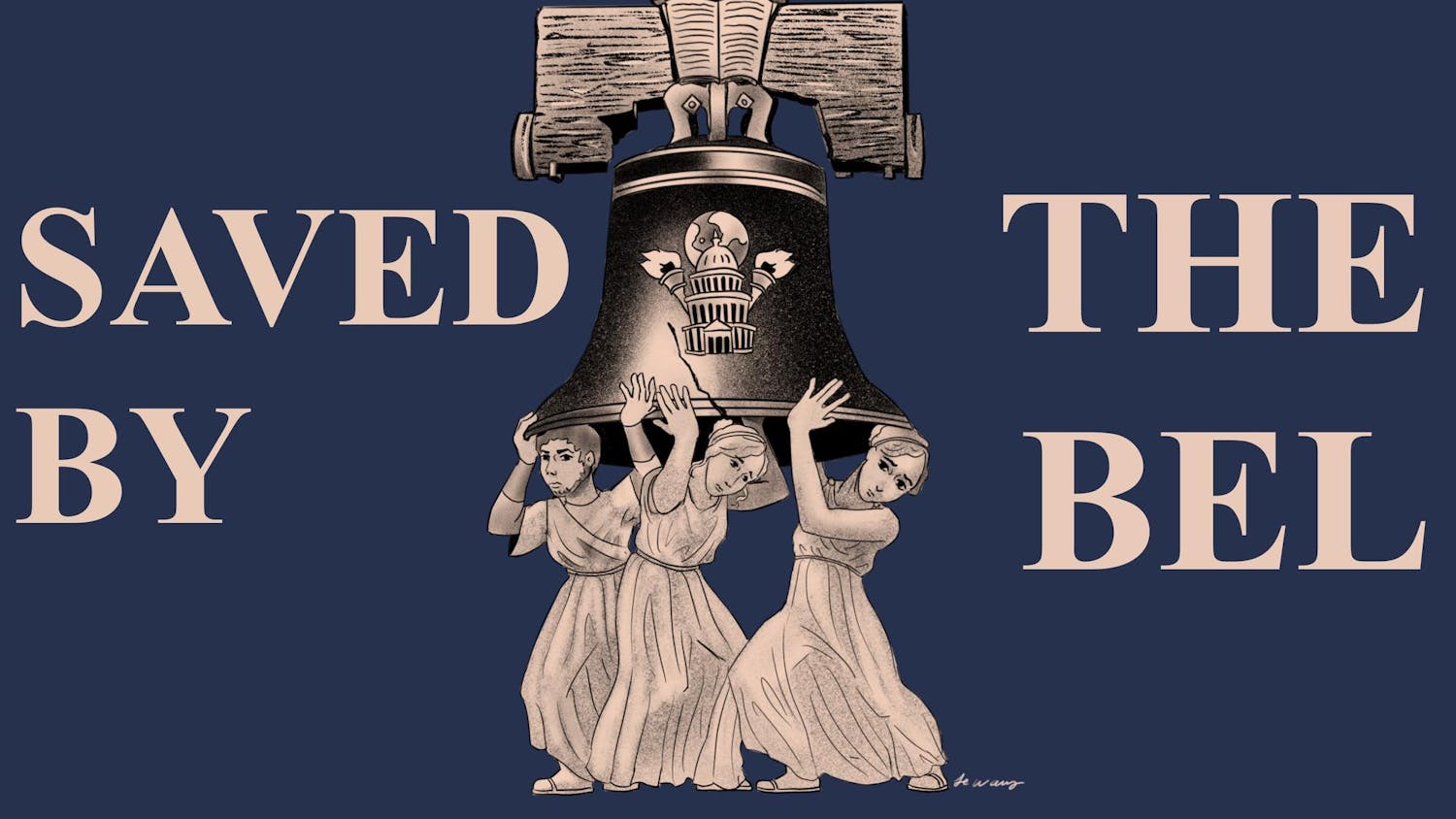In his Wednesday morning email announcing his cancellation of Kehlani’s Slope Day performance, University President Michael Kotlikoff reminded us that “Cornell is an institution... where every person should feel included.” Kotlikoff’s words echo familiar campus slogans, ranging from large-scale projects like “Belonging at Cornell” to the untiring rehearsal of the founder’s motto, “any person, any study.” This week, we are once again reminded that at Cornell, difference is to be seen and not heard; to be visually included in the university’s strategic self-image but quickly silenced when it challenges the status quo.
Before cancelling Kehlani’s performance altogether, Kotlikoff bragged about modifying her contract so as to ensure an event “without politics.” It doesn’t take an Ivy League music professor, however, to observe that music is never wholly free of the political. Around the world, music’s performative structures of inclusion and exclusion shape national belonging, bolster military action, forge religious connections and mold personal and group identities. Music acts in these ways not only via the symbolic and representational qualities of its lyrical and musical elements but also — and indeed, more so — through its capacity for forging and strengthening human connection. Although often seemingly apolitical in terms of its lyrics, popular music in particular has been a space of contestation in which counter publics and movements coalesce.
Music is political and powerfully so; no surprise, then, that Kotlikoff’s censoring of popular music falls comfortably in line with policies espoused by leaders such as Hitler, Mussolini and Franco, who alternately harnessed the globally popular jazz music of their time to their own ends or condemned it as dangerously degenerate due to its audible Blackness and its many Jewish performers.
Enter Kehlani, a Black American, non-binary, lesbian artist whose mixed heritage includes Native American and Filipino roots. Kehlani’s very existence, their very presence on stage, is in itself always already political. Their soulful R&B is steeped in inextricable genealogies of Black music and struggle, saturated in the sounds of oppression and survival, of life and of joy and of movement as resistance, of civil rights anthems and Black power riffs. White Americans have long consumed this music while denying basic humanity to Black people. Meanwhile, the US government has instrumentalized Black music in service of international dominion, from the Cold War jazz ambassadors to the 21st-century projects of hip-hop diplomacy in Muslim-majority countries. The idea that Cornell students should expect to enjoy Black music without even the possibility of discomfort, in other words, is nothing new.
With no extant record of the alleged antisemitism Kotlikoff cites as an excuse to disinvite Kehlani, we are left not with inclusion but with exclusion, an artist barred from performing in retaliation for her record of acknowledging the human rights of Palestinians and others living and dying under settler colonial violence. Who, in fact, does Kotlikoff’s “unity” ultimately encompass? Is it the nonbinary and trans students watching as Cornell capitulates to federal edicts around gender affirming care? Or the Black students whose very presence on elite campuses is routinely challenged in national discourse as unearned and stolen from white and Asian American students? Or the indigenous students who listen to formulaic land acknowledgements in lecture halls situated on the unceded lands of the Gayogo̱hó:nǫɁ? One thing is certain: It is not the students watching as their families in Palestine and its refugee diaspora are murdered with weapons funded and developed by their own university while their peers dance and drink to music “without politics.”
Catherine M. Appert is an Associate Professor of Music and Sound Studies and on the graduate faculty in Africana studies, feminist, gender and sexuality studies and anthropology. She can be reached at cma249@cornell.edu.
The Cornell Daily Sun is interested in publishing a broad and diverse set of content from the Cornell and greater Ithaca community. We want to hear what you have to say about this topic or any of our pieces. Here are some guidelines on how to submit. And here’s our email: associate-editor@cornellsun.com.











